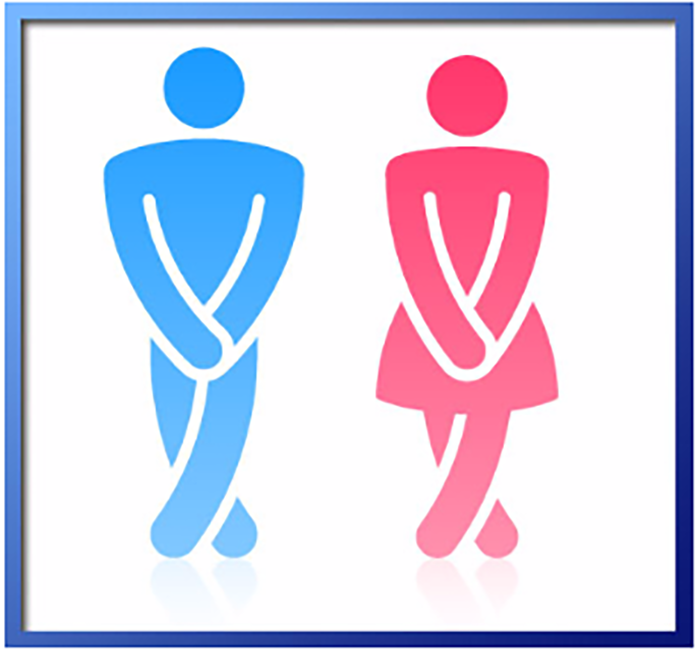Incontinence
Mission Urology - Ken Takesita, M.D.
 Incontinence is inadvertent urine leakage that affects millions of women in the U.S. During normal urination a woman’s bladder muscles contract while the sphincter muscles around the urethra relax, allowing the urine to exit the body. If a woman’s sphincter muscles aren’t strong enough to hold back the urine, she has incontinence.
Incontinence is inadvertent urine leakage that affects millions of women in the U.S. During normal urination a woman’s bladder muscles contract while the sphincter muscles around the urethra relax, allowing the urine to exit the body. If a woman’s sphincter muscles aren’t strong enough to hold back the urine, she has incontinence.
The primary types of incontinence in women include:
- Stress incontinence — Occurs when the bladder releases urine after experiencing pressure due to a sneeze, cough, laugh or other physical activity such as running.
- Urge incontinence — Classified by having a sudden and severe need to urinate.
- Mixed incontinence — Includes both stress and urge incontinence symptoms.
- Overflow incontinence — Occurs when urine is blocked from flowing normally out of the bladder. This can cause the bladder from never fully emptying.
Women experience incontinence twice as frequently as men primarily due to pregnancy, childbirth and menopause. Pregnancy causes hormonal changes and as the uterus increases in weight, the organ may put pressure on the bladder and lead to stress incontinence. Childbirth, especially vaginal delivery, weakens the muscles required for urine control, such as the sphincter, and may contribute to incontinence symptoms. Menopause drastically decreases estrogen production, which normally keeps the urethra and bladder lining healthy and strong.
Women with medical conditions such as Alzheimer’s disease and others that interfere with physical movement, communication and thinking may experience a type of incontinence called functional incontinence. All forms of urinary incontinence may form in both men and women.
Causes & symptoms of incontinence in women
Incontinence itself is not a syndrome or condition, but rather a symptom of underlying weak urinary tract muscles or damage in the urinary tract or the nerves that control urination. Childbirth or weight gain may contribute to stress incontinence. Urge incontinence may be governed by more inherent factors such as emotional stress, brain damage or neurological diseases like Parkinson’s.
Other factors that may cause temporary incontinence in females include:
- High alcohol and caffeine intake
- Eating spicy, surgery or acidic foods
- Carbonated drinks and artificial sweeteners
- Muscle relaxants, sedatives or heart and blood pressure medications.
Treating incontinence in women
There are a number of treatment options for women experiencing incontinence. Typically, women start with more conservative treatments before considering more dramatic treatment such as a surgical procedure.
If you are experiencing any symptoms related to incontinence, contact Mission Urology to schedule a consultation today.


